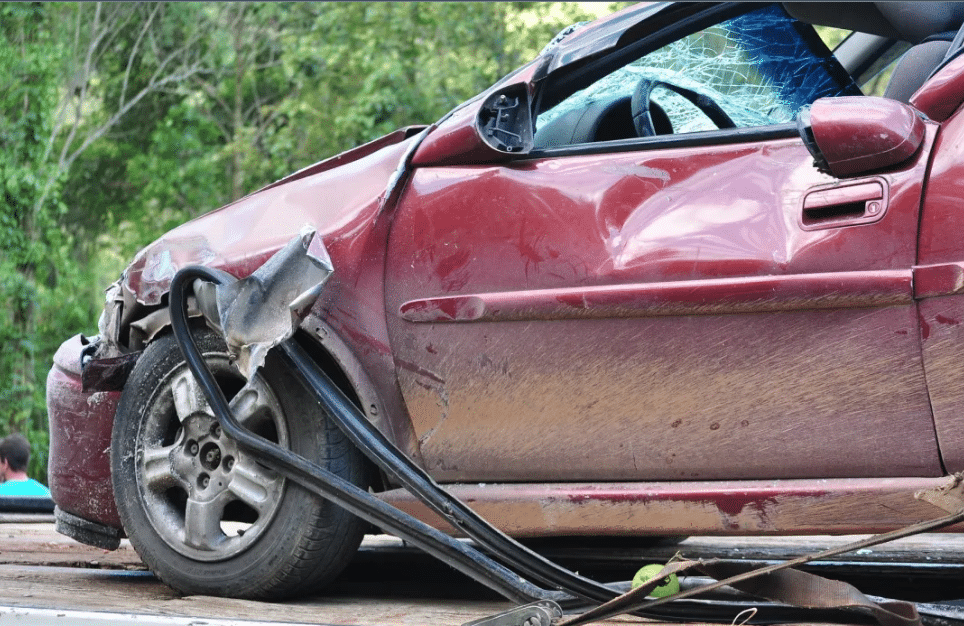The ultimate hope when you entrust your car to a mechanic is that they diagnose and/or fix the problem and have your vehicle back to you as soon as possible. But what if they say that your vehicle is unsafe to drive, and they are not willing to give it back? That’s one scenario that reduces many owners to question their rights. Can a mechanic legally keep your car if it’s unsafe to drive?
Today, we’ll talk through some of the legalities, break down options available to you, and discuss consumer protection laws that may apply in such instances.
Understanding a Mechanic’s Obligation
Mechanics must ensure vehicles they service meet safety standards. If a car has critical issues like faulty brakes, fuel line leaks, or transmission problems, a mechanic may hesitate to release it due to liability concerns.
While mechanics cannot legally “take possession” of your car, state laws and shop policies might allow them to retain it under specific conditions:
- Liens for Unpaid Repairs
Most states allow mechanics to place a lien on a vehicle if the owner fails to pay for agreed-upon repairs. - Liability Concerns
Mechanics may argue that releasing an unsafe vehicle could expose them to legal risks if it causes an accident. - Repair Authorization Agreements
Authorization forms often grant shops the right to hold vehicles they deem unsafe. Always review these documents before signing.
Your Rights as the Owner of a Car
As a motor vehicle owner, you have certain rights that come into play in such circumstances. Following are a few points you must keep in mind:
- You own the car
No mechanic can summarily declare your car unsafe and thereby take possession of it. The vehicle’s ownership remains yours unless you fail to pay for any improvements that you agree to.
- You Can Refuse Repairs
If the shop recommends any repairs that you do not give your consent for, they have no legal right to proceed. But, on the other hand, if you decline some necessary repairs, you may get into a tight spot when the mechanic insists that the car is not safe.
- The Burden of Proof Is on Them
If a mechanic says it is not safe to operate your vehicle, then they have to prove it by presenting safety-related concerns. Request a written explanation or diagnostic report.
Steps to Take If a Mechanic Refuses to Release Your Car
The following steps are what you would do if you find yourself in such a situation, so as to peacefully and legally resolve the problem:
- Request Detailed Documentation
Have the mechanic provide a written summary of the safety problems they found. This report can give you a basis on which to judge his concerns.
- Offer to sign a liability waiver
Some shops will only release your vehicle if you sign a waiver absolving them of liability for any potential safety concerns. It’s a standard workaround for disputes.
- Consult a Third-Party Mechanic
If it is something you are not very certain of with regard to the validity of the safety claim, get another opinion from another mechanic. This can confirm or refute the earlier diagnosis.
- Contact Legal Aid
If this store continues to withhold your car without proper justification, then you may have to involve a lawyer in the case. In that case, a Los Angeles Attorney who deals with automotive disputes will be able to explain clearly your rights and subsequent actions.
When a Car May Be Considered a Lemon
Recurring safety problems may show that something rather serious is wrong with your car. If your car has recurring defects that affect its safety, value, or functionality, and these defects cannot be repaired after several attempts, then your car may be considered a lemon according to state Lemon Laws.
For example, one lawsuit filed against Ford pointed out the safety and performance defects in some of their models. There were car owners who received compensation for those defects. If you believe your car is a lemon, detailed records of repair attempts should be made, and an attorney specializing in Lemon Law consulted for further options.
Can a Mechanic Be Held Liable
Mechanics are not always right. If a mechanic improperly withholds your vehicle or otherwise violates local consumer protection laws, you may be entitled to file a complaint or sue. For example:
- Unjustified Withholding
This might be considered a violation of your rights if the mechanic cannot provide enough evidence regarding safety concerns and still refuses to release your car.
- Unwanted Repairs
Other shops might exaggerate safety risks to upsell services. Always verify the need for repairs before proceeding.
- Breach of Contract
If the mechanic does not adhere to certain terms specified in your repair agreement, you might have quite a good claim on legal grounds.
Final Thoughts
Mechanics are important for your car’s safety, but only so much power does a mechanic have. They can recommend critical repairs, but they do not have the legal right to hold your car hostage without a valid reason.
Understanding your rights as a car owner enables you to understand disputes that may arise in ways to ensure you are not getting taken advantage of. Do not wait for safety concerns to be resolved, seek legal advice. If you have any professional legal advice, contact a Los Angeles Attorney or research relevant cases, such as the lawsuit against Ford, for an understanding of how Lemon Laws can help your cause.
By being better informed and taking the initiative, you will be able to handle disputes effectively and get back on the road in safety.

